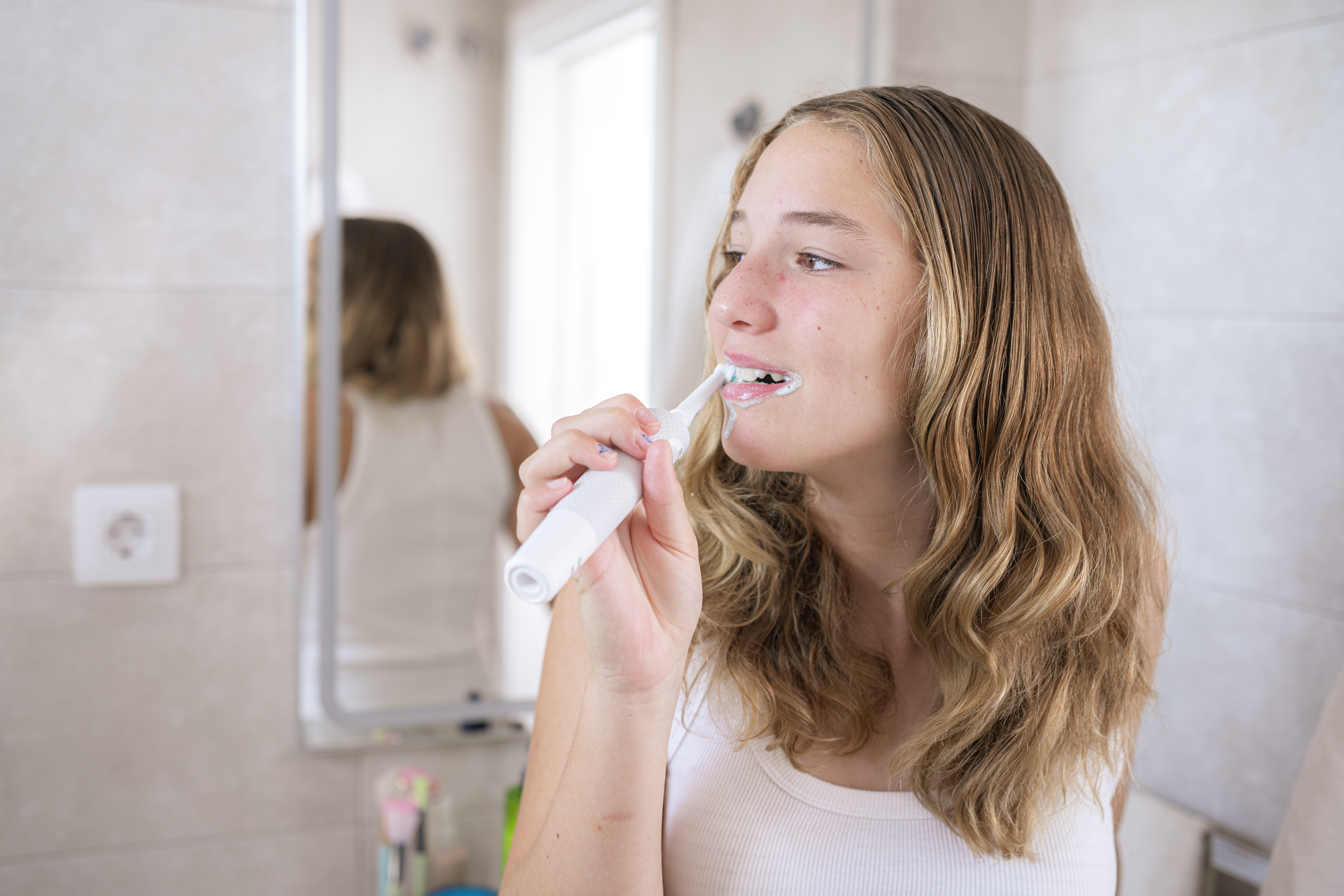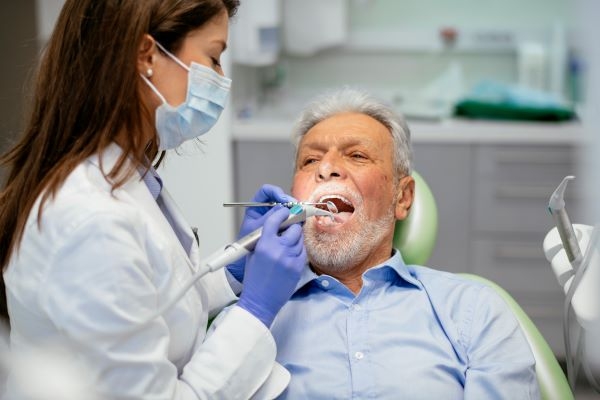-
Whether you’re trying to shed a few kilos or increase your energy, a detox can be a tempting quick fix. And with so many methods being touted -- from lemon and juice diets to colonic irrigation -- it can feel like every man and his dog is on the latest cleanse.
So, do detoxes really work? We spill the (skinny) tea and bust three of the most common detoxing myths.
True or false: Detoxing is important for removing toxins from the body
False. Our bodies have their own highly effective system for preventing and processing toxins, with the liver leading the charge, while the lymphatic system, kidneys, digestive system and even skin also play a role. If functioning well, our body’s own detoxifying system is all we need.
What’s more, studies have found many popular detoxes offer little evidence to show they’re effective in removing toxins. One example is colonic irrigation (also known as colon cleansing), which flushes large amounts of liquid through the colon to dislodge fecal material and therefore toxins from the colon walls. There’s currently no evidence to show this process is effective or required by our bodies, and in fact studies have revealed numerous potential risks associated with the practice, from cramping and abdominal pain to renal failure in more severe cases.
True or false: Detoxing will help you lose weight
Well, it depends. While some detox diets -- such as low-calorie liquid-based diets like juice cleanses -- have been shown to offer weight loss benefits in the short term, studies suggest these methods do not provide any benefits in the long term. According to Berkeley Wellness at the University of California, the majority of weight lost during detox diets is usually water weight -- not body fat -- the loss of which is essential for maintaining weight loss over time. And generally, studies have found that any weight lost through detoxing is is quickly put back on after returning to a regular eating pattern.
To detox or not to detox?

-
True of false: Detoxing will give you more energy
False. When on a liquid-based detox -- such as a juice or lemon cleanse -- your body is receiving less calories, and therefore is not able to create as much energy, leaving you feeling sluggish. And while some detox-fans have anecdotally reported energy spikes, according to the NHS there’s no scientific evidence to support the claim, and the purported energy benefits may simply be attributed to healthier choices during the detox. Advanced Accredited Dietitian, Dr Tim Crowe, elaborates:
“Many people do feel better for following a detox diet, yet this has little to do with the elimination of toxins from the body. Any person, especially someone who has a poor diet to start with, who eats more fruits and vegetables, drinks more water and eats less foods high in fat, salt or added sugar, and drinks less alcohol and caffeine will naturally feel better.”
The verdict
There’s insufficient evidence to suggest healthy people need extra help removing toxins from the body, or that most popular detox methods are effective in doing so. The best way to feel good, with a healthy weight and high energy levels, is simply through following a balanced diet rich in fruit and vegetables, participating in regular exercise and getting enough sleep. See more nutrition tips and advice.
-
Do you need an electric toothbrush?
Which toothbrush scrubs up best?
-
Dietitian, nutritionist or naturopath: What’s the difference?
Who should you see for professional dietary advice?
-
5 ways to eat healthy while travelling
Come home feeling refreshed, fit and energised.
-
How often should you get your teeth cleaned?
We spoke to Medibank Members’ Choice Advantage dentist Dr Jonathan Cichero to find out.
-
Daily habits for good oral health
Do you really need to floss? Is an electric toothbrush better than a manual one? Find out which habits to make (and which ones to break) for better oral health.
-
How to conquer your fear of the dentist
Dr Merrilyn Hooley's tips for a less stressful dental appointment.
Subscribe to receive the best from Live Better every week. Healthy recipes, exercise tips and activities, offers and promotions – everything to help you eat, move and feel better.
By clicking sign up I understand and agree to Medibank's privacy policy





